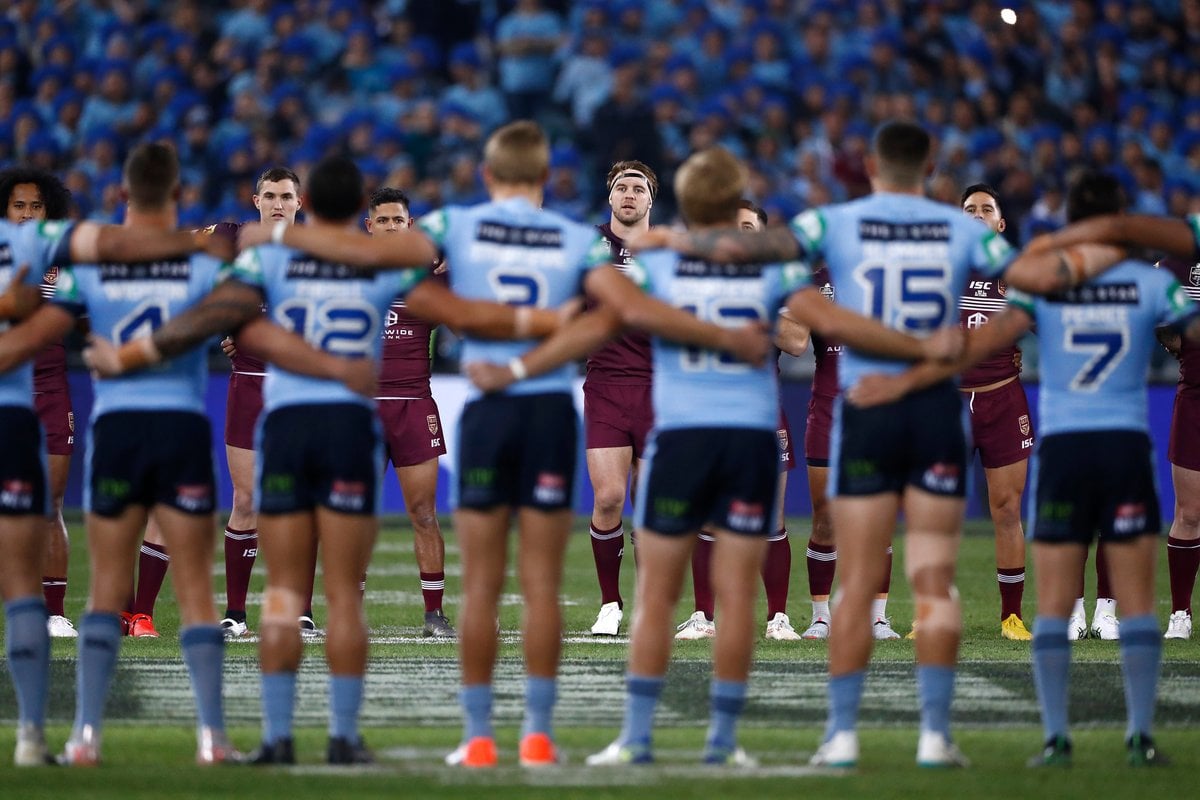
Before 1984, Australia's national anthem 'Advance Australia Fair' started with the line: "Australian sons, let us rejoice."
It had just officially replaced 'God Save The Queen' as the anthem, but not before the Prime Minister of the time Bob Hawke requested a change to the opening line (now "Australians all let us rejoice") to be more inclusive.
Decades later, the debate continues about the song, and one line in particular - "For we are young and free" - because it does not recognise Australia's rich Indigenous history and the oldest continuous culture in the world.
Watch: The Stolen Generations: Why I can't 'get over it'. Post continues below video.
We have known for a long time that not all Australians feel represented by the national anthem, but stating so comes with a risk.
In 2018, a nine-year-old Queensland girl refused to stand for it during assembly. She received a lunchtime detention from her school, and faced the ire of politicians and media.
"Someone needs to give this girl a bit of a lesson. Or, as one of my listeners said using the lingo of my old man, a good kick up the backside," Alan Jones said on his 2GB breakfast show. "Though, my listener didn't use the word backside."

Top Comments